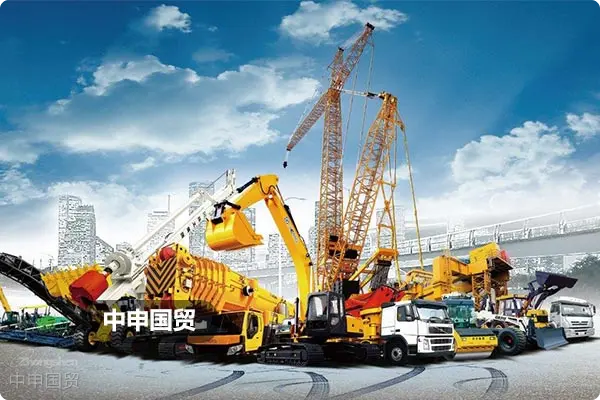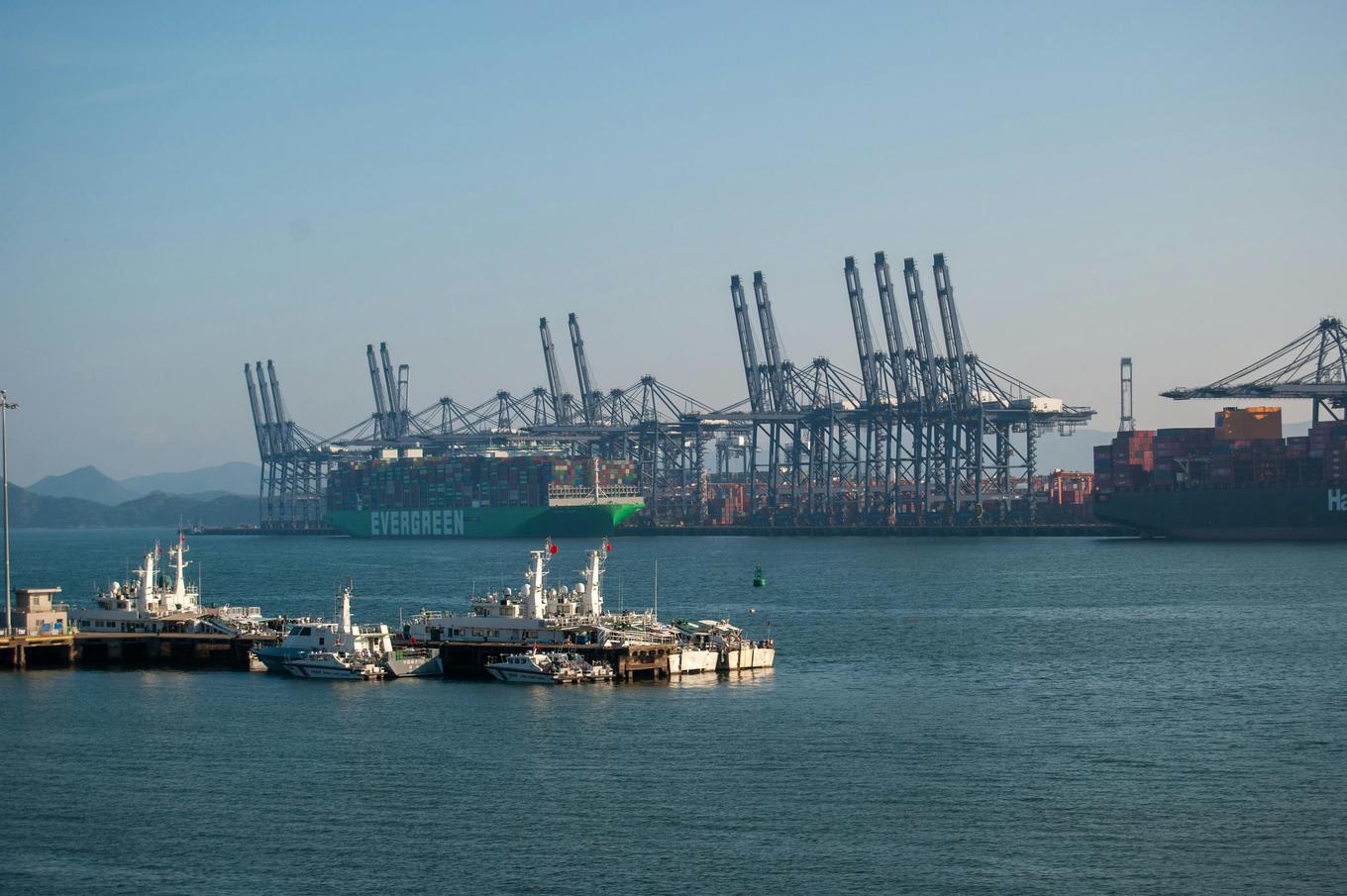- Shanghai Zhongshen International Trade Co., Ltd. - Two decades of trade agency expertise.
- Service Hotline: 139 1787 2118

Agricultural automation equipmentImport Representation: How to Efficiently Open Up International Trade Channels?
With the advancement of agricultural modernization, more and more enterprises are introducing advanced foreign agricultural automation equipment. However, the complex processes and regulations involved in importation often leave enterprises at a loss. Choosing a professional agency service company can greatly simplify this process. This article will provide you with a detailed analysis of the key steps in agricultural automation agency.foreign tradeMarket Research and Demand AnalysisEquipment ImportsBefore importing agricultural automation equipment, detailed market research and demand analysis must first be conducted. This includes:
Understanding domestic market demand:
Through market research, determine which types of agricultural automation equipment have high demand in the domestic market.
- Analyzing competitors:Understand the import situation of competitors and identify your own competitive advantages.
- Determining equipment specifications:Based on the actual needs of the enterprise, determine the required equipment specifications and performance parameters.
- Supplier Selection and NegotiationChoosing the right supplier is key to successful importation. The following factors should be considered when selecting a supplier:
Supplier reputation:
Choose suppliers with good reputations and long-term cooperation experience.
- Equipment quality:Ensure the equipment quality meets international standards and has passed relevant certifications.
- Price and payment terms:Negotiate with suppliers to secure the best price and payment terms.
- Understand the suppliers after-sales service policy to ensure timely technical support during equipment use.Customs clearance and logistics are the most complex aspects of the import process. The following are the specific steps:
- After-sales Service:Preparing customs clearance documents:
Customs Declaration and Logistics Arrangement
Selecting a customs clearance agent:
- Choose an experienced customs clearance agency to ensure smooth customs clearance procedures.Including commercial invoices, packing lists, bills of lading,It is recommended to verify through the following methods:Exporting Lamps from China to Russia: Lighting up the Road of Cross - border Trade
- Based on the volume and weight of the equipment, select the appropriate transportation method (Choose an experienced customs clearance agency to ensure smooth customs clearance procedures.
- Arranging logistics and transportation:Select appropriate transportation methods based on the equipments volume and weight (Maritime Transportation,Air Transportation: The packaging should meet the transportation requirements and ensure the safety of the equipment during transportation.
- Customs Clearance and Inspection:After the equipment arrives at the destination, conduct customs clearance and inspection to ensure compliance with domestic standards.
Trade Compliance and Risk Management
During the import process, trade compliance and risk management are crucial. The following aspects require attention:
- Understanding Relevant Regulations:Familiarize with domestic and international import regulations and policies regarding agricultural automation equipment.
- Risk management:Mitigate risks during import through measures such as purchasing insurance.
- Contract Management:Ensure clear contract terms with suppliers to avoid potential disputes.
After-sales Service and Technical Support
After importing equipment, after-sales service and continuous technical support are key to ensuring normal operation. The following points require attention:
- Technical support:Ensure suppliers can provide timely technical support to resolve issues during equipment operation.
- Training Services:Provide professional training for operators to ensure proficient equipment operation.
- Spare Parts Supply:Ensure suppliers can promptly provide required spare parts to minimize equipment downtime.
Through these steps, enterprises can efficiently complete agricultural automation equipment import agency work, ensuring smooth equipment deployment and improved agricultural productivity. Choosing a professional foreign trade agency service company will provide comprehensive support for smooth import processes.
Related Recommendations
? 2025. All Rights Reserved. Shanghai ICP No. 2023007705-2  PSB Record: Shanghai No.31011502009912
PSB Record: Shanghai No.31011502009912










